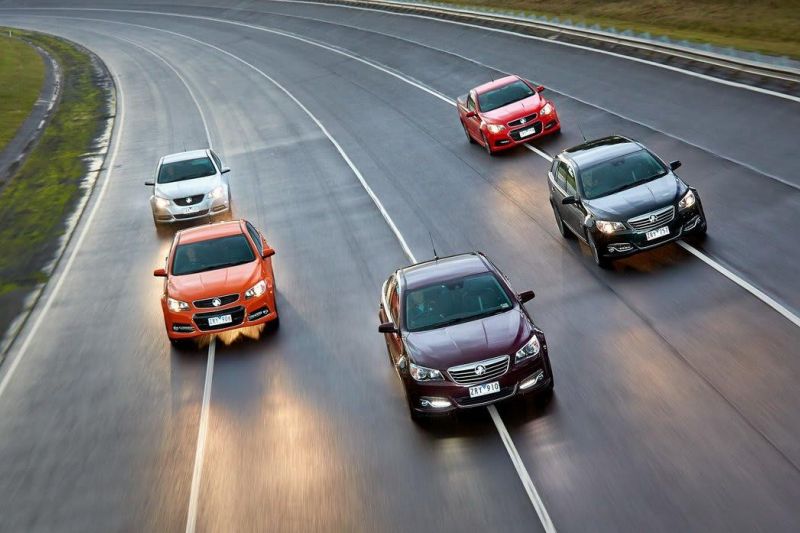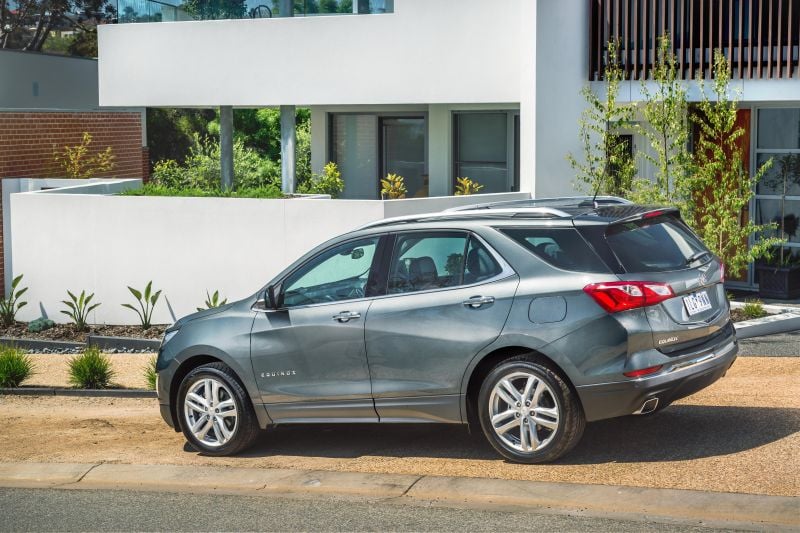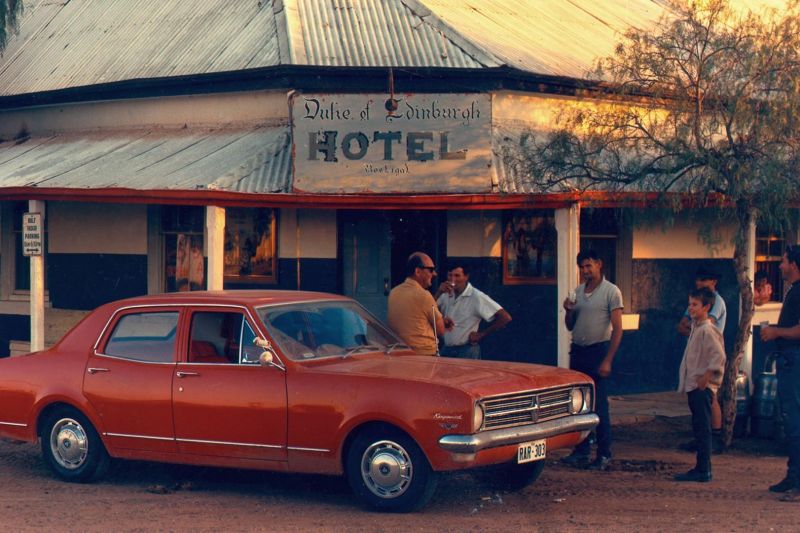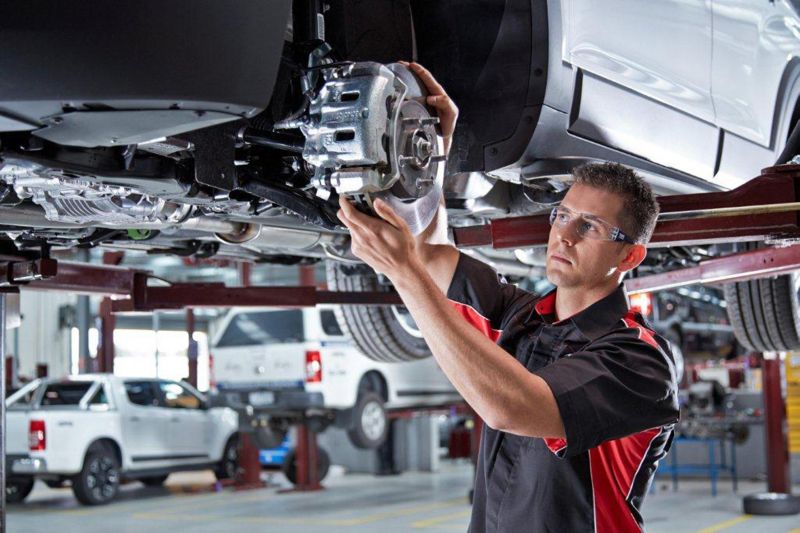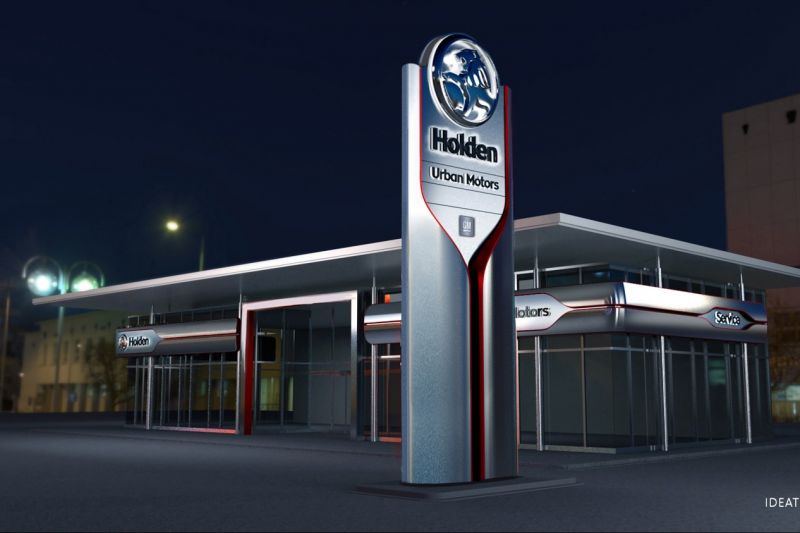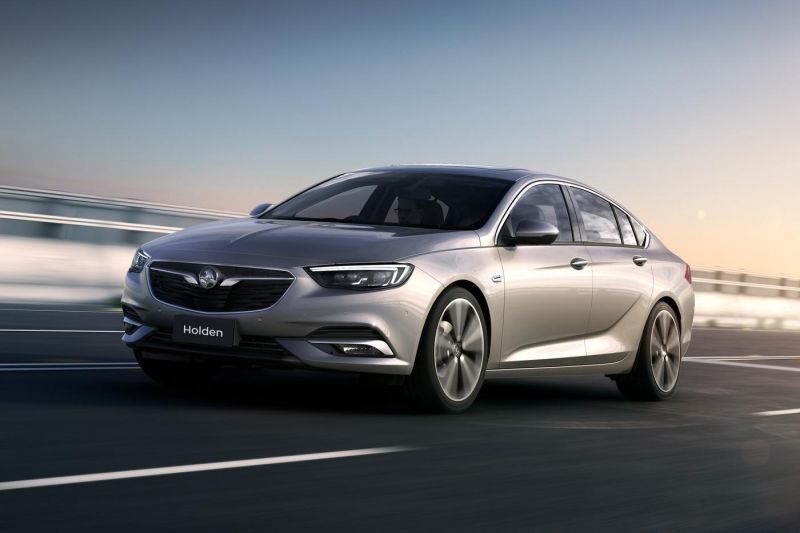The Australian Competition and Consumer Commission (ACCC) has ended an investigation into the conduct of General Motors Holden (GMH) around its market exit.
But that doesn’t mean GMH will dodge new scrutiny over its more recent decision to quietly and without fanfare axe a promised ‘lifetime’ capped price servicing program.
Nor have the dead car-maker and its parent escaped verbal wrath from the ACCC’s chair over their treatment of franchise dealers – before and after GM in Detroit pulled the plug.
In actual fact, the ACCC says it largely opted to end its investigation so as not to prejudice private legal action being undertaken by dealers themselves.
Soon after Holden’s seismic exit announcement in early 2020, the ACCC says it received a number of complaints from dealers who believed Holden had actually known that GM would withdraw the brand “for many months” before admitting as much.
It allegedly approved new dealership acquisitions during this time and “encouraged” some dealers to continue to invest in their businesses “at great cost”.
“We started an investigation into Holden’s conduct towards its franchisee dealerships because Holden’s conduct appeared to be very concerning,” said ACCC chair Rod Sims.
The ACCC investigation looked at whether Holden had negotiated with dealers “in good faith” in relation to compensation packages for terminating the franchise agreements before their expiry in December 2022. This part of the investigation focussed on process rather than dollars.
The ACCC says it received complaints in May 2020 that Holden had tried to create an “arbitrary deadline” for dealers to accept its proposed compensation.
The compensation package offered is said to have included payment of $1500 per car, based on the number of vehicles sold in 2019 (hardly representative of Holden at its pomp), and money for unamortised capital investments and signage costs incurred.
It also offered dealers a servicing agreement ending in 2025, says the ACCC.
“While our investigation into Holden’s conduct left us with concerns about Holden’s treatment of some of its dealers, the ACCC has decided not to pursue these concerns, in large part because any ACCC action may prejudice the private actions taken by dealers,” Mr Sims added.
“This was a difficult decision based on a range of considerations.”
In other words, the ACCC isn’t exactly exonerating GMH for its conduct, merely taking a back seat on this particular set of issues.
“The behaviour by Holden has done much to damage the General Motors brand in Australia, and perhaps beyond,” Mr Sims opined, holding little back.
“The way Holden withdrew from Australia and managed the process and its relationships with long-standing loyal dealerships should serve as a lesson to all franchisors of what not to do in managing their relationships with franchisees and treating them fairly and with respect.”
Separate to this, the ACCC says it is now assessing whether GM’s decision to end its supposed “lifetime” capped price servicing program – OEMs that leave the market must still offer parts and servicing – “raise any issues under the Australian Consumer Law”.
Holden continues to provide vehicle servicing through dealers that accepted the new dealer agreement, but it did water down a policy of transparent pricing across its back catalogue.
GM continues to operate in the Australian market through the sale of General Motors Specialty Vehicles. These are sold through a separate corporate arrangement that replaced the Holden Special Vehicles (HSV) brand.
Alongside the ACCC’s investigation, there was a Senate inquiry into General Motors Holden Operations in Australia that was subsequently expanded to a more general inquiry into the regulation of the relationship between car manufacturers and car dealers in Australia.
The government announced a number of amendments to the Franchising Code in March 2021, and the peak bodies for the OEMs and dealers (FCAI and AADA respectively) have been at loggerheads over various policy issues since.
The AADA dealer peak body responded to the ACCC’s conclusion of its investigation, by saying it offered “no vindication” for GM’s conduct. It’s tough to argue that point.
“This will be disappointing news for many ex-Holden Dealers, but General Motors should not see this as vindication of their actions,” said AADA CEO James Voortman.
“The ACCC has by no means endorsed their actions, labelling its treatment of dealers as ‘a lesson to all franchisors of what not to do’ and ‘damaging the General Motors brand’,” he added.
“The ACCC’s comments came after a bipartisan Senate committee censured General Motors for their treatment of Holden Dealers, employees and their families.
“GM’s actions led the Government to introduce reforms on 1 July of this year which would prevent other car manufacturers following their actions. These are important reforms for the Australian automotive industry and we will continue to monitor the operation of these laws.
“The ACCC has been very clear that it is not pursuing this matter because it does not want to prejudice the private actions being taken by Dealers against General Motors,” he said.
The AADA said it would continue to support those dealers who are fighting GM in court.





